 HbA1c Test for different populations
HbA1c Test for different populations
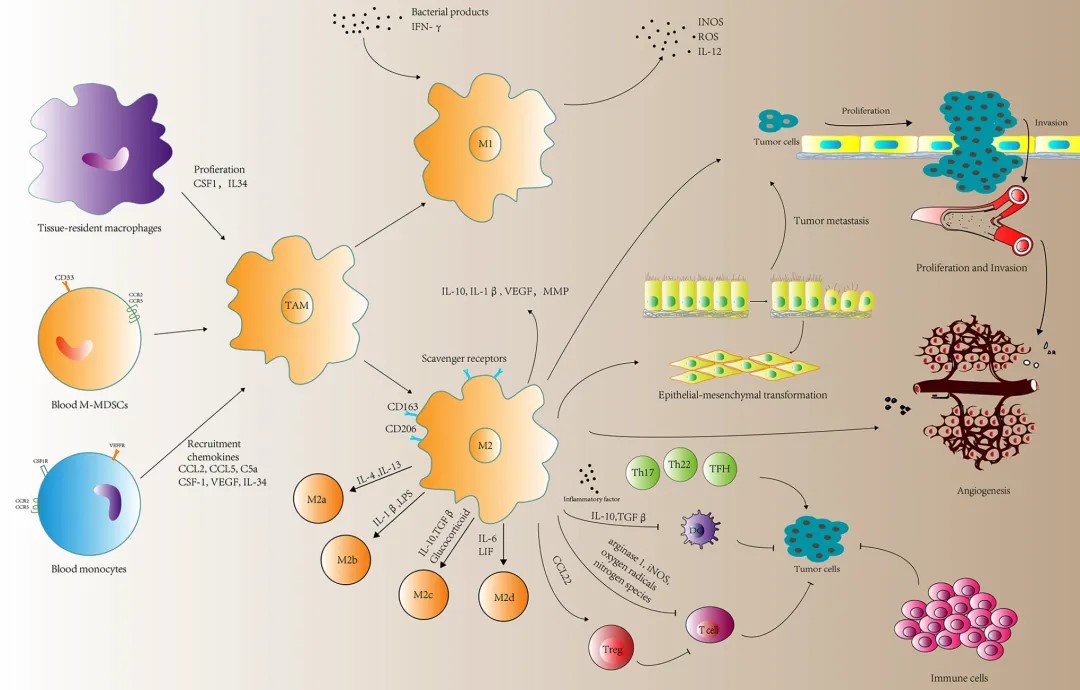 Tumor Microenvironment - How do cytokines act as regulators in tumor development?
Tumor Microenvironment - How do cytokines act as regulators in tumor development?
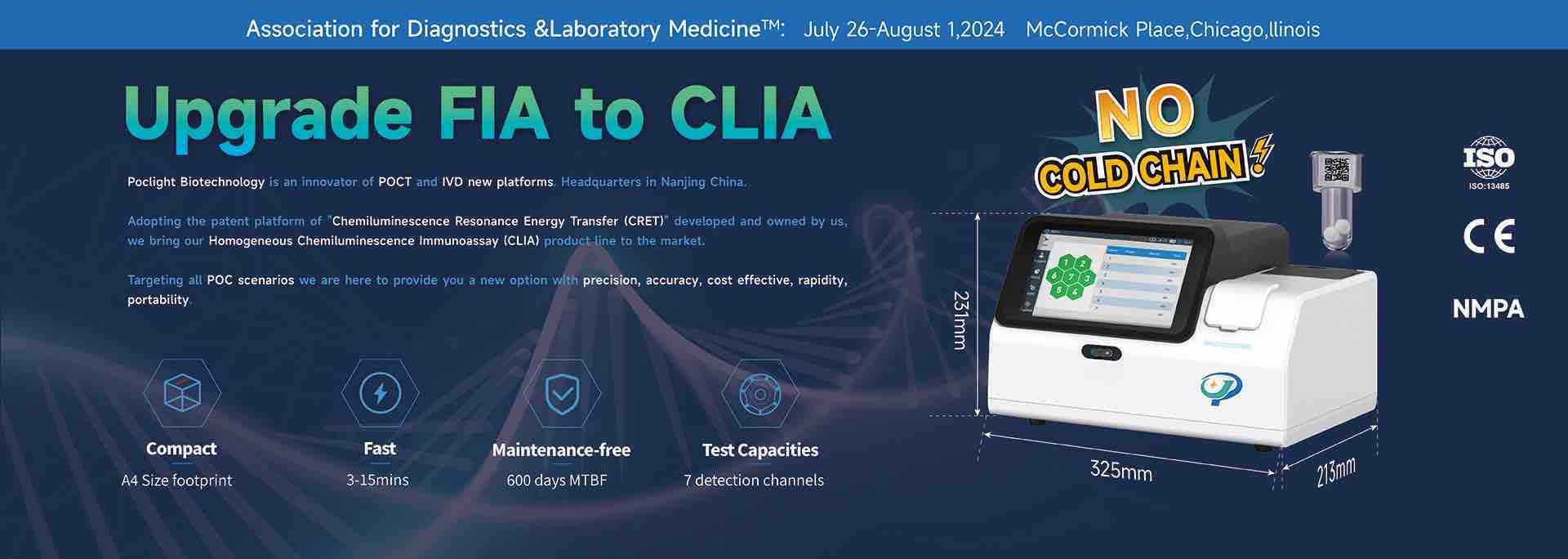 Thyroid Conditions and Their Diagnosis: A Closer Look at Thyroid Tests
Thyroid Conditions and Their Diagnosis: A Closer Look at Thyroid Tests
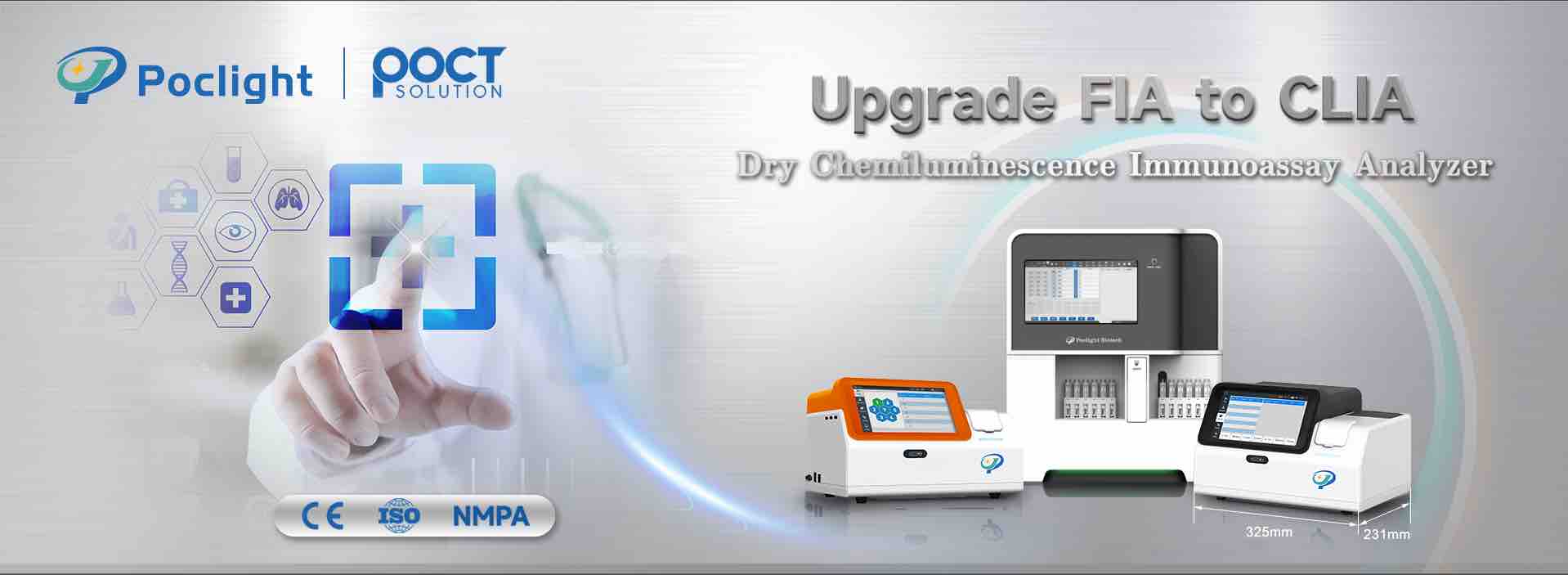 How do cytokine levels correlate with the effectiveness of treatment?
How do cytokine levels correlate with the effectiveness of treatment?
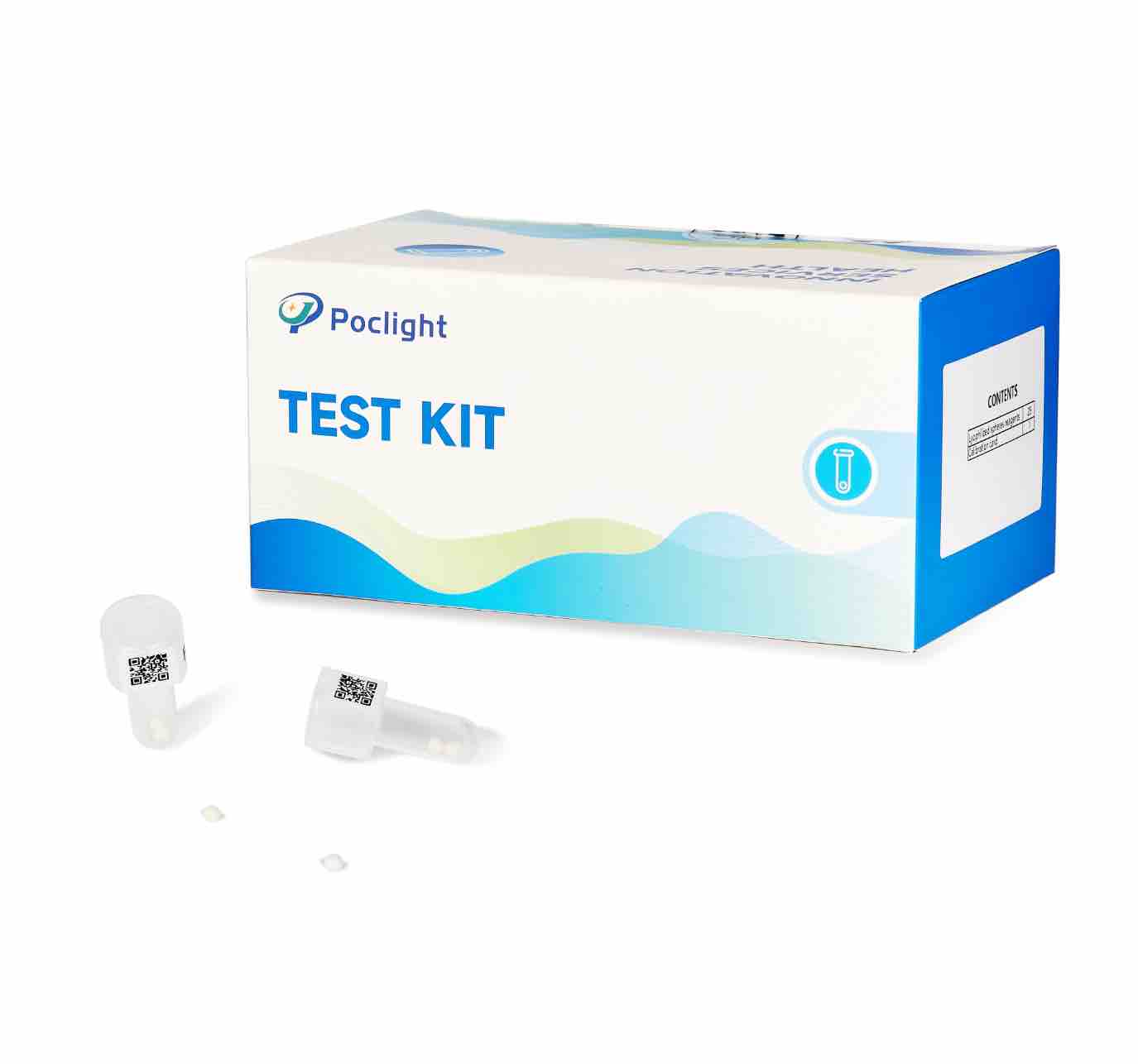 How to Get Accurate Results from Your Vitamin D Test: A Comprehensive Guide
How to Get Accurate Results from Your Vitamin D Test: A Comprehensive Guide
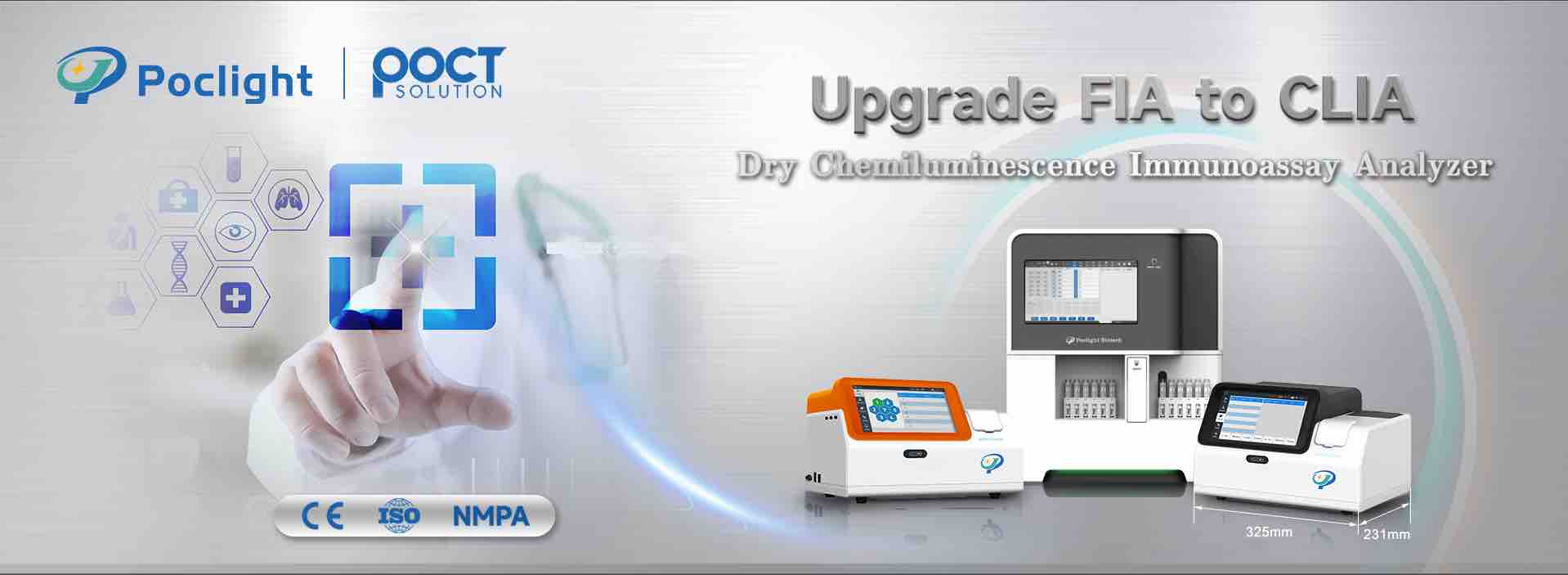 The Essential Guide to Active-B12 and Vitamin B12
The Essential Guide to Active-B12 and Vitamin B12
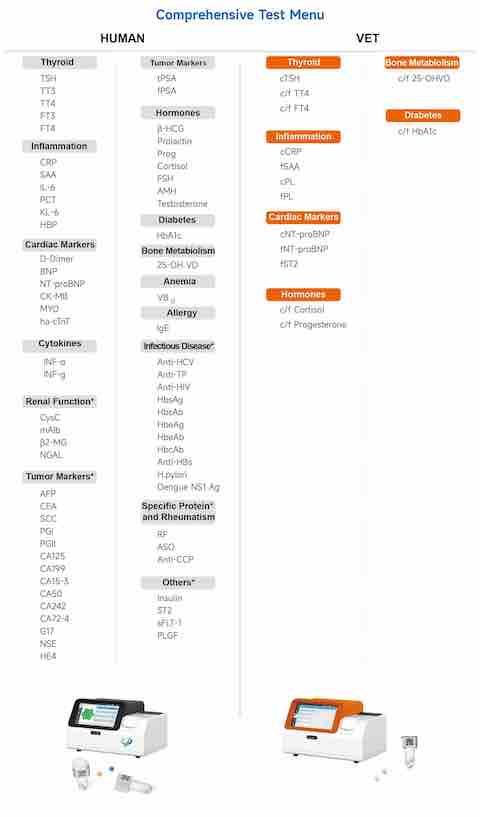 How cytokines can help hematology diagnoses?
How cytokines can help hematology diagnoses?












